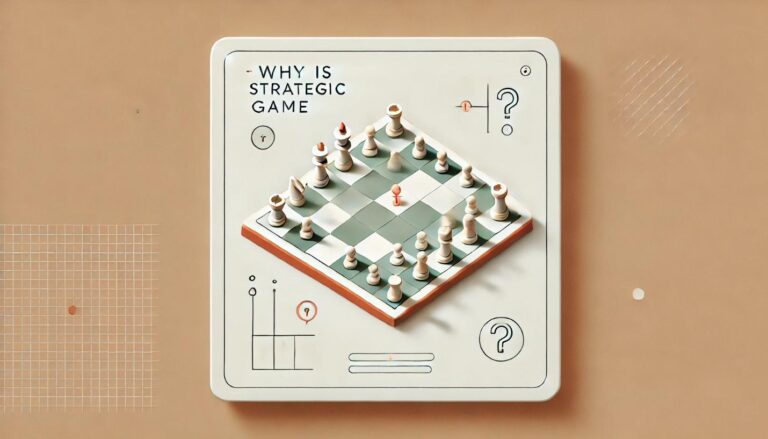Introduction
Chess is a popular board game that has been played for centuries. It is a game of strategy, skill, and patience, with each player attempting to outmaneuver their opponent´s pieces and ultimately capture their king. One question that often comes up when discussing chess is, “how long does a chess game last?” The answer to this question is not as simple as one may think. There are many factors that can affect the length of a chess game, and it is important to understand these factors to get a better understanding of the answer.
The Game Setup
Before we can discuss how long a chess game lasts, it is important to understand the setup of the game. A chessboard is an 8×8 grid, with alternating black and white squares. Each player has 16 pieces, consisting of one king, one queen, two rooks, two knights, two bishops, and eight pawns. The starting position of the pieces is the same for each game, with the pieces arranged in a specific order and pattern.
The game begins with the white player moving first, and players take turns moving their pieces according to their unique movement rules. The objective of the game is to put the opponent´s king in checkmate, where it is threatened and has no legal moves to escape capture. The game also ends if a player resigns, the players agree to a draw, or if a player runs out of time on their chess clock.
Factor 1: Player Skill
One of the most significant factors that can affect the length of a chess game is the skill level of the players involved. Players with higher skill levels tend to make more calculated and strategic moves, resulting in longer games. On the other hand, beginners or casual players may make more mistakes, leading to a quicker victory for one player.
Another factor related to player skill is the speed at which players make their moves. Experienced players are generally quicker in their decision-making, while new players may take longer to think through their moves. This can have a significant impact on the length of a game, with experienced players typically finishing games more quickly.
Factor 2: Tournament or Casual Play
The setting in which a chess game is being played can also have an impact on how long it lasts. In a tournament setting, players are under more pressure to make quick and efficient moves. There is also a time limit for each player, typically ranging from 1-2 hours for the entire game. The pressure to make quick moves and the time limit means that tournament games tend to be shorter than casual games, where players can take their time and think through each move carefully.
Additionally, tournament games have stricter rules and regulations, with players needing to follow specific protocols. This can also contribute to shorter games as players are more focused on making the correct moves and following the rules rather than taking their time to strategize.
Factor 3: Opening Strategy
The opening strategy of a game can also have a significant impact on how long it lasts. The opening is the first phase of the game, where players move their pawns and develop their pieces to control the center of the board. Each player has a unique opening strategy, and depending on the strategy, the game can either be short or long.
Some openings, like the “Fried Liver Attack,” are considered aggressive and often result in a quick victory for one player. Other openings, such as the “Italian Game,” require a more patient and strategic approach, often leading to longer games. Therefore, the opening strategy chosen by each player can play a crucial role in the length of a chess game.
Factor 4: Stalemate or Draw
A stalemate or draw can occur in a chess game when one player has no legal moves but is not in check. In this situation, the game ends in a draw, and neither player wins. A stalemate can also happen when both players agree to a draw, and neither player is in a position to checkmate the other player´s king.
Stalemates and draws can significantly impact the length of a chess game, as they often occur towards the end of a long game. If a game reaches a stalemate, it can effectively cut the time in half, as the players do not need to continue making moves. However, some players also intentionally seek a draw to avoid a loss, which can prolong the game.
Conclusion
In conclusion, the length of a chess game can vary depending on several factors. The skill level of the players, the setting of the game, the opening strategy, and the possibility of a draw or stalemate can all play a role in determining how long a game lasts. On average, a casual game can take anywhere from 20 minutes to several hours, whereas a tournament game typically lasts 1-2 hours. Ultimately, the length of a chess game is not set in stone and can vary greatly depending on the players and the circumstances of the game.

